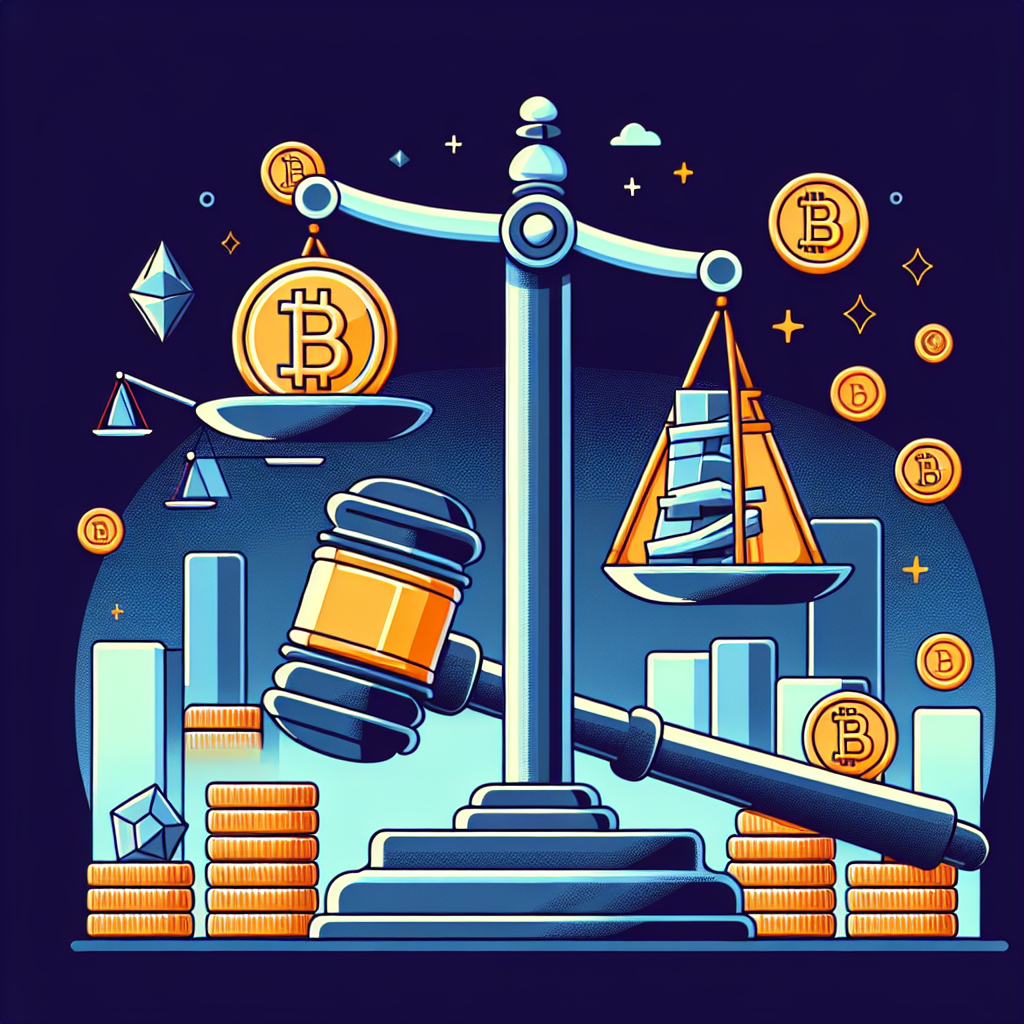BNB
SBF Appeals FTX Fraud Verdict, Alleges Unfair Bias and Seeks Overturn

Sam Bankman-Fried, the founder of the now-defunct cryptocurrency platform FTX, has filed an appeal with the 2nd US Circuit Court of Appeals in New York, arguing that his trial was fundamentally biased. Bankman-Fried contends that he faced prejudice from the outset, not just from the prosecutors, but also from media coverage and, significantly, from the presiding judge.
According to reports, Bankman-Fried’s legal team claims that their client was unfairly perceived as guilty well before the trial commenced. The 34-year-old entrepreneur was convicted in 2023 on seven serious charges, including fraud and conspiracy, resulting in a 25-year prison sentence. The prosecution labeled the case as one of the most significant financial frauds of its kind.
Bankman-Fried is currently incarcerated in a Californian prison and is seeking to have both his conviction and the $12 billion restitution order reversed. Represented by attorney Alexandra Shapiro, his appeal argues that the trial process was compromised from the beginning.
Central to the appeal are allegations of bias demonstrated by US District Judge Lewis Kaplan, who presided over the initial trial. The appellate brief suggests that Judge Kaplan unduly influenced the jury by facilitating a swift verdict, offering conveniences such as late working hours, complimentary meals, and home transportation, which the defense claims pressured the jury into hasty decision-making.
Further criticism from the defense has been leveled at Judge Kaplan for his alleged manner of handling Bankman-Fried during the trial. The team highlighted instances where Judge Kaplan supposedly mocked Bankman-Fried, pointedly questioning his demeanor, and doubting his testimony. Specifically, when Bankman-Fried asserted that he was no longer managing Alameda Research following his resignation as CEO, Judge Kaplan allegedly dismissed the claim as “a joke.” Bankman-Fried’s attorneys are vigorously pursuing a new trial overseen by a different judge.
Another aspect of Bankman-Fried’s appeal is the implications of FTX’s financial condition at the time of its collapse. Documents released by Bankman-Fried’s team in October assert that FTX had assets valued at approximately $138 billion at the time, claiming the company was never technically insolvent. These assets included significant equity stakes such as $14.5 billion in Anthropic and $7.8 billion in Robinhood shares, alongside large cryptocurrency holdings.
Bankman-Fried’s legal representatives maintain that creditors have received about 121% repayment, contending that the company was only undergoing a liquidity crunch—not insolvency—and that resolution was on the horizon until external legal interventions obstructed the process. Despite these claims, skepticism remains high within the cryptocurrency community.
The original trial saw key testimonies from three former FTX executives, who cooperated with the prosecution as part of plea deals. Notably, co-founder Gary Wang, engineering chief Nishad Singh, and Caroline Ellison, who once dated Bankman-Fried and led Alameda, provided damaging testimonies. Ellison’s account included constructing multiple “alternative balance sheets” upon Bankman-Fried’s directives to mask that $10 billion in customer funds had been appropriated.
The appeal also spotlighted Judge Kaplan’s decision to exclude defense testimonies intended to demonstrate FTX’s ability to reimburse its customers, a decision the defense argued unfairly tilted the scales against them. Additionally, the defense claims that Kaplan improperly curtailed Bankman-Fried’s opportunity to discuss following the guidance of FTX’s legal advisors.
Speculation surrounds attempts by Bankman-Fried’s family to seek a presidential pardon for him. Recent decisions, including former President Donald Trump’s pardon of Binance’s Changpeng Zhao, have intensified discussions despite opposition from within the crypto community advocating for continued incarceration of the FTX founder.
As the appeal progresses, the financial world and the crypto community alike are closely monitoring the case, which raises important questions about the intersection of legal fairness and financial accountability in the era of digital currency.
-

 Press Releases2 years ago
Press Releases2 years agoGaming Technologies of the New Time!
-

 Altcoins12 months ago
Altcoins12 months agoBitcoin Declines Below $80K: deVere CEO Nigel Green Remains Bullish on Long-Term Outlook Following Strategic U.S. Bitcoin Reserve Announcement
-

 Altcoins11 months ago
Altcoins11 months agoCalls for Enhanced Discussion on Bitcoin as Brazil’s Reserve Asset: A Move Towards ‘Internet’s Gold’
-

 Bitcoin1 year ago
Bitcoin1 year agoBitcoin Surges Past $64K as SEI and POPCAT Lead Daily Crypto Gains on September 25
-

 Press Releases2 years ago
Press Releases2 years agoEvo Exchange: Redefining the Decentralized Exchange Landscape
-

 Bitcoin7 months ago
Bitcoin7 months agoGrayscale Investments Submits Draft Registration for IPO, Aiming for Public Trading in U.S.
-

 Press Releases1 year ago
Press Releases1 year agoCODE, a Newly Born Project Brings Decentralization Back to the Main Menu
-

 Bitcoin7 months ago
Bitcoin7 months agoPeter Schiff Critiques New Crypto Legislation, Claims Bitcoin (BTC) Gains are Short-Lived




